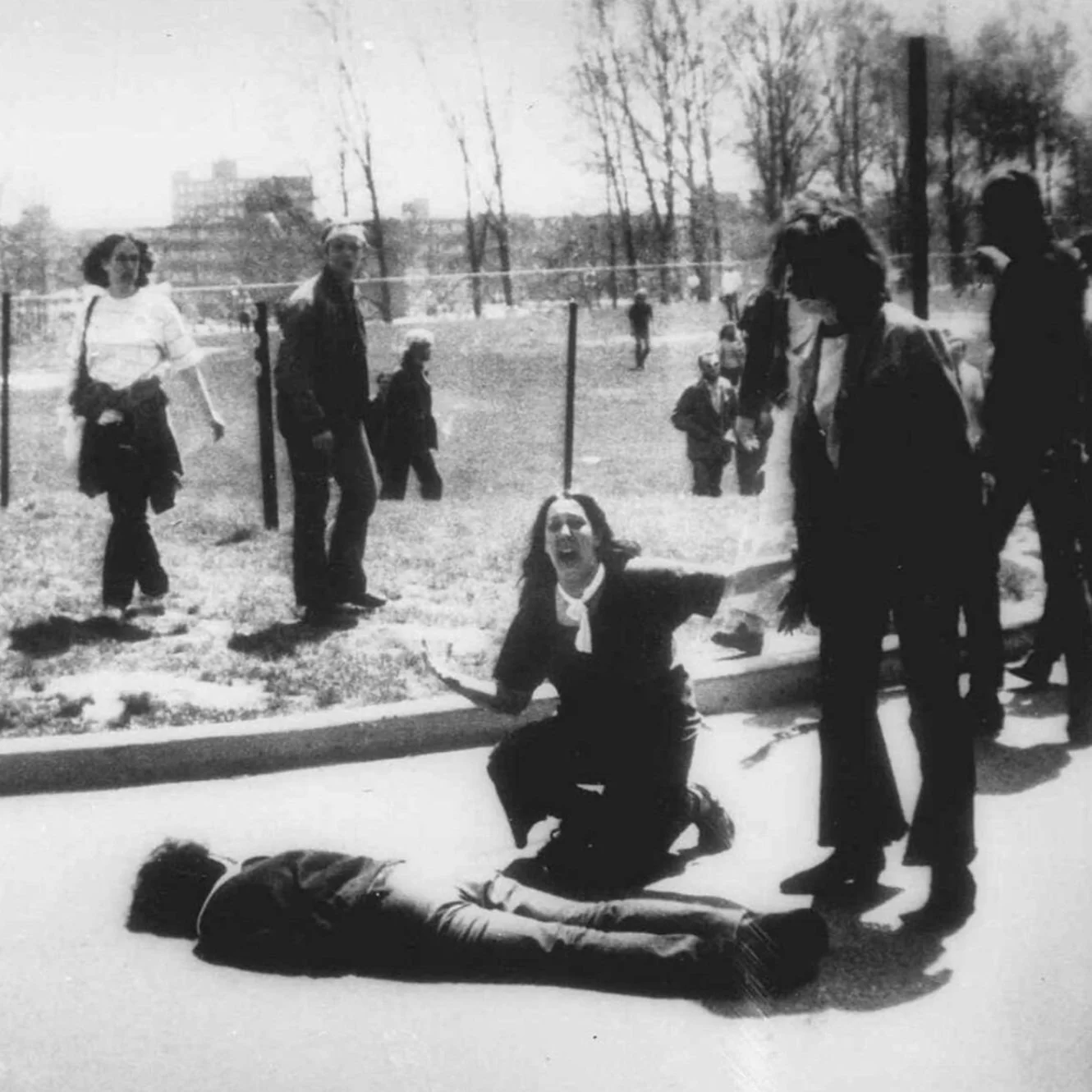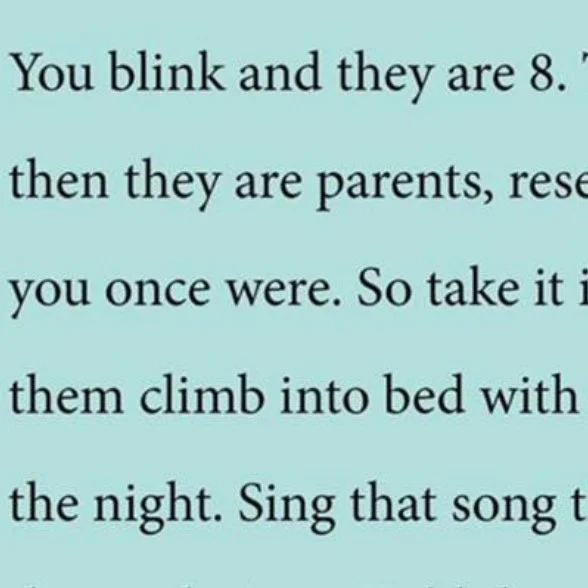Love Stories: 21 for 21
/The impetus for this collection of columns is my granddaughter, Lucy Rose. Lucy was born nearly 21 years ago with an extra chromosome. She has Down syndrome, a doctor said. We cried when we were told.
These columns, written at different times…
Read More














